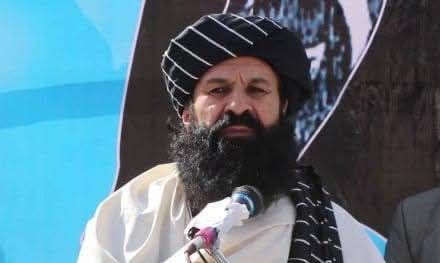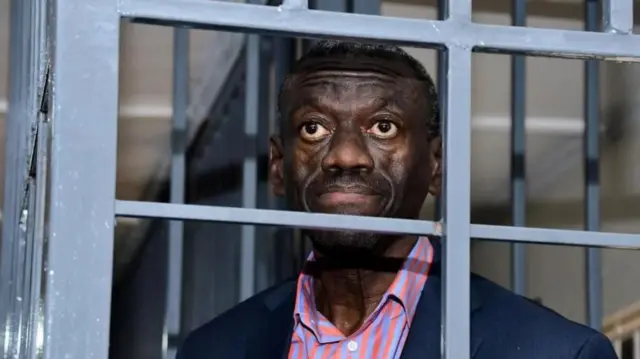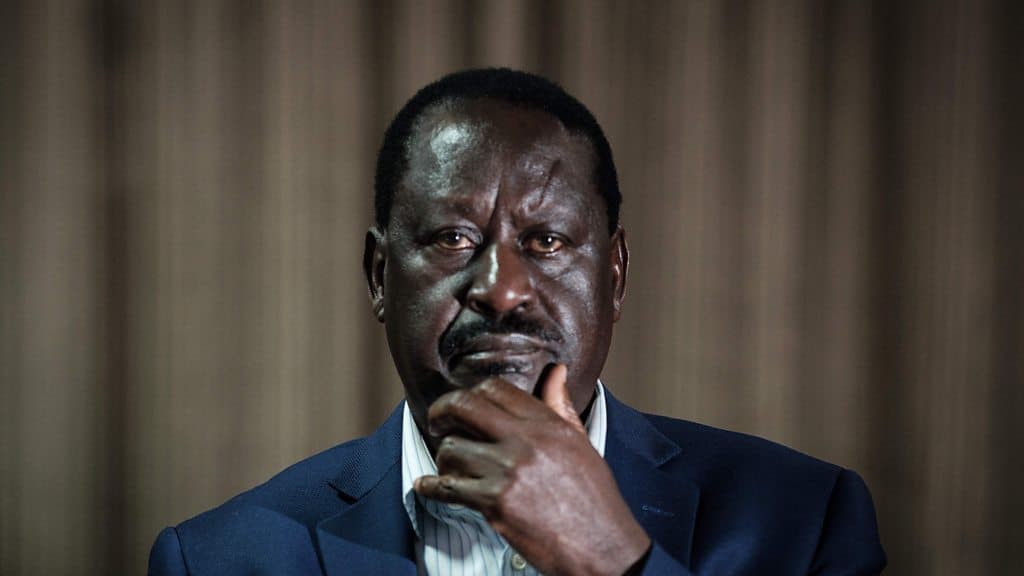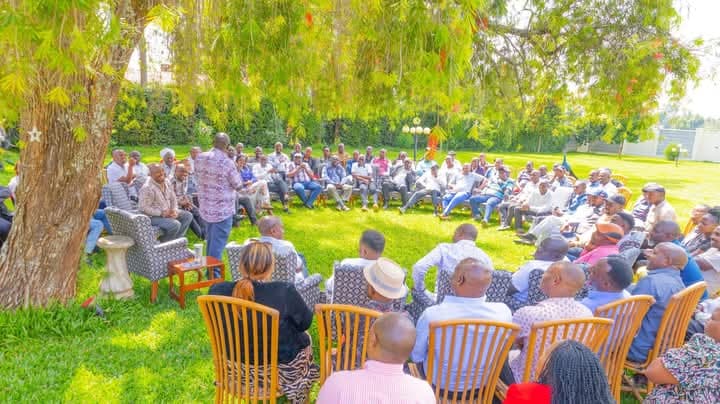Khalil Haqqani, Afghanistan’s Interim Minister for Refugees, was assassinated in a suicide bombing on Tuesday while attending prayers at a mosque in the capital, Kabul.
The attack marks the biggest assault on the Taliban since their return to power in August 2021. Haqqani, a key member of the powerful Haqqani Network, was killed by a bomber who hid explosives in a bandage on his hand.
The attack is seen as a significant turning point for Afghanistan, sending shockwaves throughout the region. Haqqani’s death is not only a major loss for the Taliban but also a severe blow to Afghanistan’s political and diplomatic stability, with ramifications for neighboring countries such as Pakistan, China, and Iran, which had close ties with him.
Experts believe that his assassination will lead to further destabilization in the country and potentially trigger a shift in regional alliances. Haqqani had played a crucial role in Afghanistan’s foreign relations, acting as a bridge between the Taliban and regional powers, particularly Pakistan.
His death creates a vacuum in the Taliban leadership, potentially complicating their efforts to consolidate power. Khalil Haqqani’s assassination is also believed to benefit the Islamic State (ISIS), which has been active in Afghanistan since the Taliban’s takeover.
Analysts suggest that ISIS may have orchestrated the attack, as the group has previously targeted Taliban officials and ethnic minorities in a bid to challenge the Taliban’s authority. ISIS has been involved in violent campaigns, including bombings and assassinations, aimed at destabilizing the country.
Experts warn that the assassination will not only affect Afghanistan but also have a negative impact on its neighboring countries, especially Pakistan, China, and Iran, who had invested in the Taliban’s governance. Haqqani’s connections to these countries were instrumental in maintaining diplomatic and economic relations in the region.
His death leaves a significant gap in the Taliban government, making it more vulnerable to both internal and external threats. The assassination adds to the history of high-profile killings in Afghanistan, with past attacks reshaping the country’s political landscape. This includes the deaths of former leaders such as Sardar Daud, Dr. Najibullah, and Ahmed Shah Massoud, each of which marked major turning points in the country’s history.
With ISIS likely to capitalize on this vacuum, the future of Afghanistan looks uncertain, and the stability of neighboring countries is at risk. The killing of Khalil Haqqani is a warning sign for the region, suggesting that the situation in Afghanistan could worsen in the coming months.







